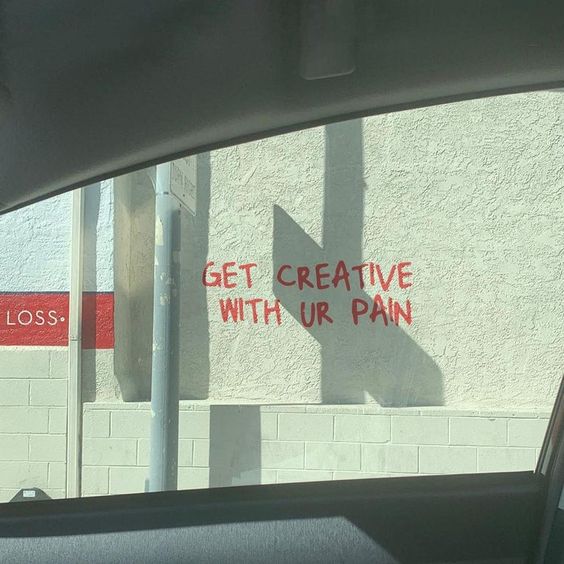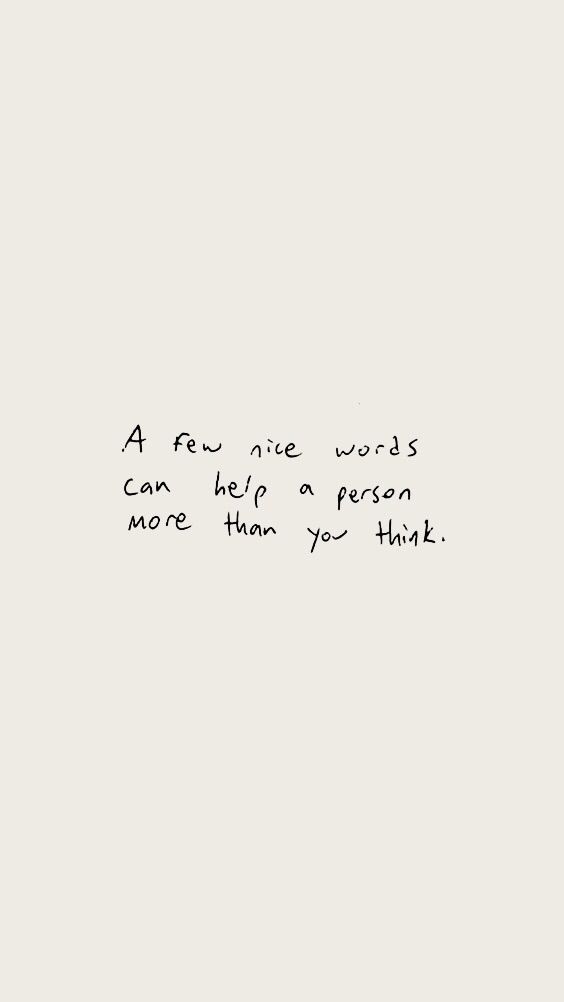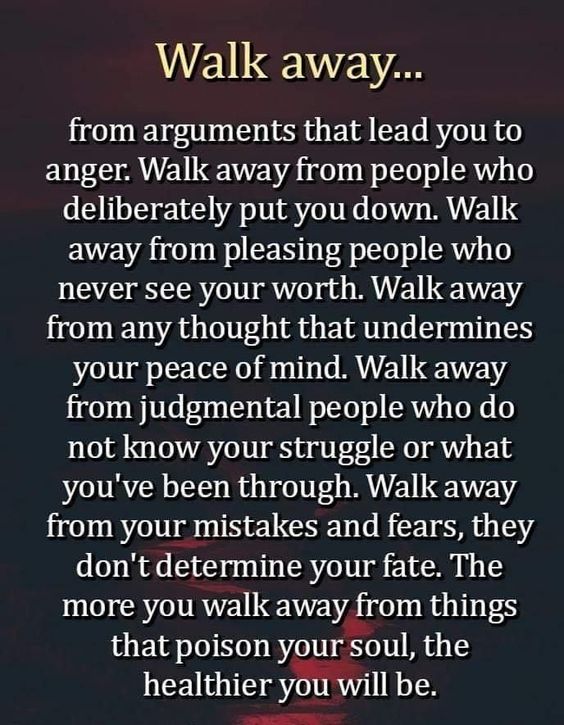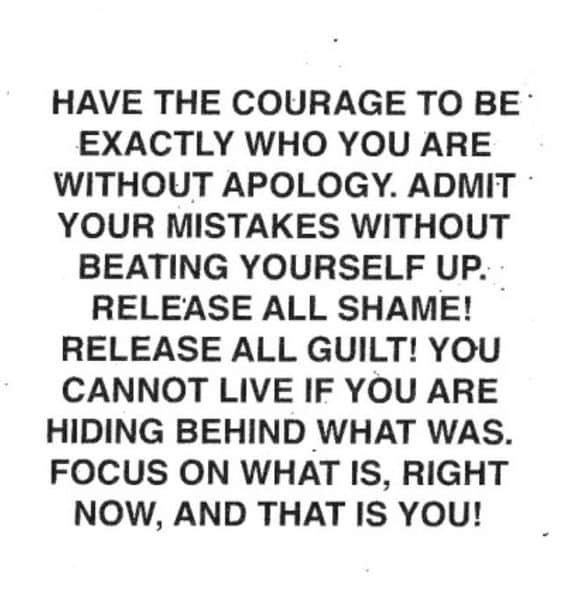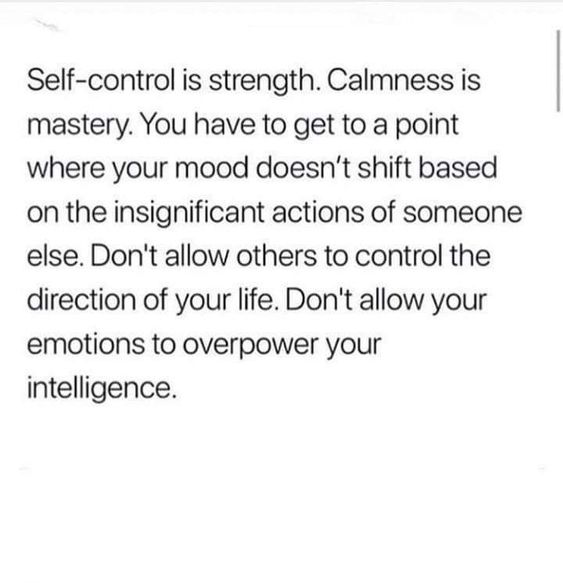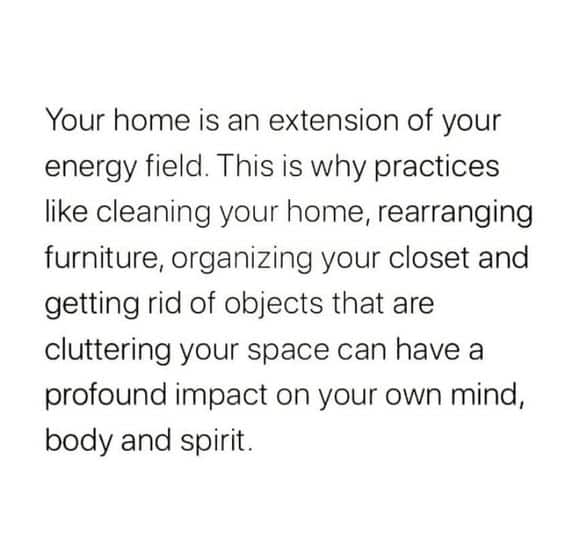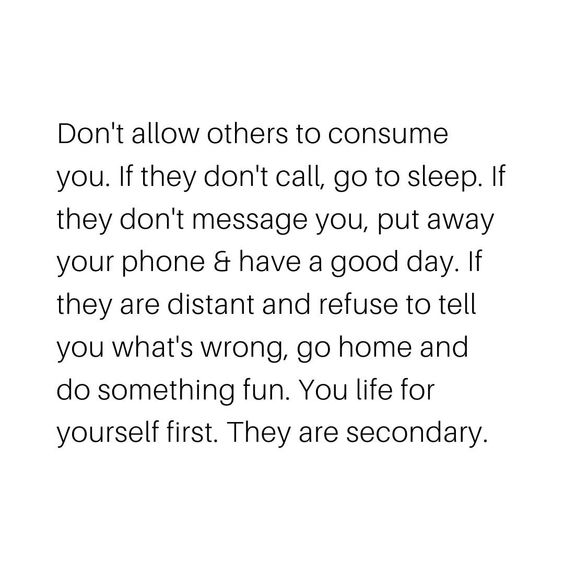Archives
“Nothing will save you, and so you must begin the work of saving yourself, which is the entire purpose of your life.”
Brianna Wiest, The Mountain Is You (Page 167)
“Your emotional backlog is like your email inbox. When you experience emotions, it’s as though you’re getting little messages from your body stacking up one at a time. If you don’t ever open them, you end up with 1,000+ notifications deep, totally overlooking crucial information and important insights that you need to move your life forward.”
Brianna Wiest, The Mountain Is You (Page 158)
“There is nothing that makes us more insecure than hanging around what isn’t right for us. There’s nothing that will collapse faster. There’s nothing that will bring us inner turmoil quite like it.”
Brianna Wiest, The Mountain Is You (Page 153)
“What isn’t right for you will never remain in your life. There is no job, person, or city that you can force to be right for you if it is not, though you can pretend for a while. You can play games with yourself, you can justify and make ultimatums. You can say you’ll try just a little longer, and you can make excuses for why things aren’t working out right now. The truth is that what is right for you will come to you and stay with you and won’t stray from you for long. The truth is that when something is right for you, it brings you clarity, and when something is wrong for you, it brings you confusion.”
Brianna Wiest, The Mountain Is You (Page 151)
“The truth is that you do not change your life when you fix every piece and call that healing. You change your life when you become comfortable with being happy here, even if you want to go forward. You change your life when you can love yourself even though you don’t look exactly the way you want to. You change your life when you are principled about money and love and relationships, when you treat strangers as well as you do your CEO, and when you manage $1,000 the same way you would $10,000.”
Brianna Wiest, The Mountain Is You (Page 147)
“The future is only an illusion inferred from our present state. What is important is not the length of life, but the depth of life. What is most important is not to make life longer, but to take your soul out of time, as every sublime act does. Only then does your life become fulfilled. And do not ask yourself questions about time. Jesus did not explain a thing about the eternity of life, but his influence brought people to the eternal.”
Ralph Waldo Emerson, via A Calendar of Wisdom (Page 345)

